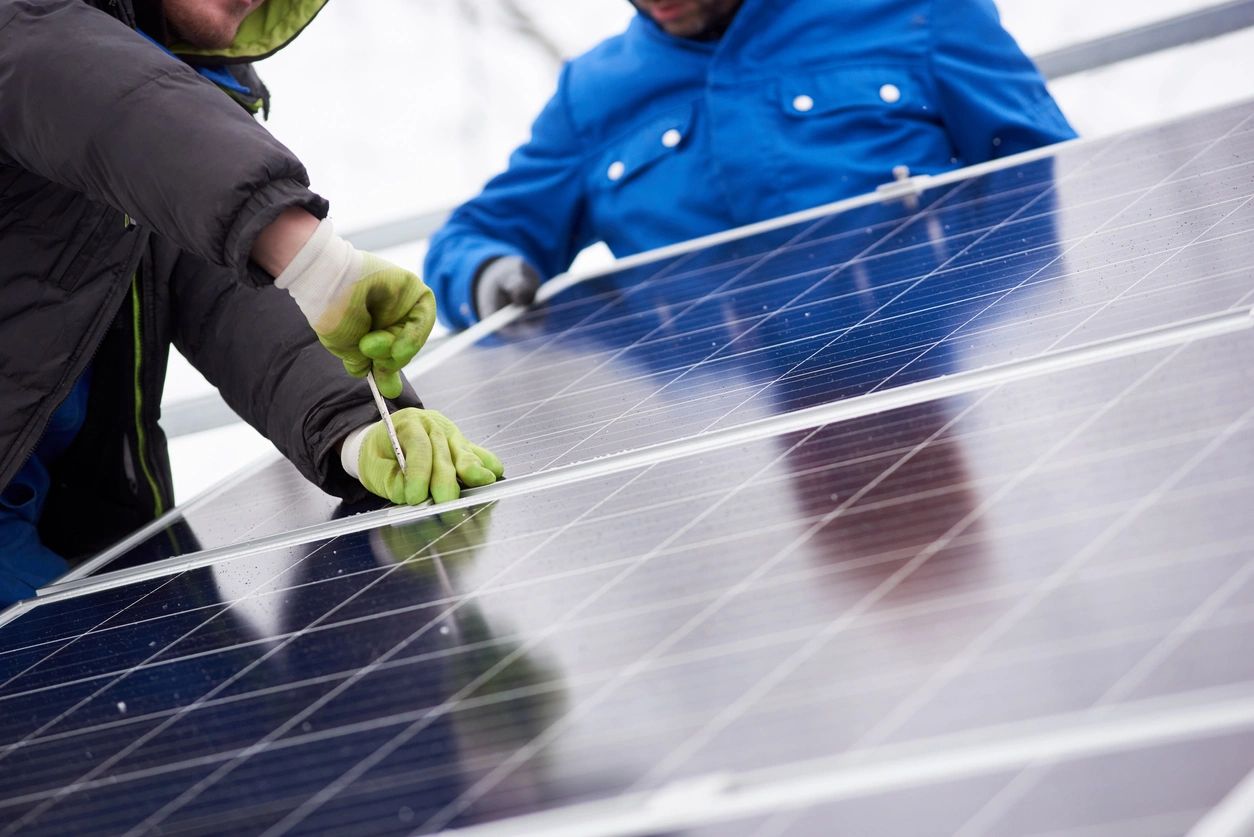The EU makes waste a valuable resource for energy production
The European Union (EU) is actively developing bioenergy as a way to not only generate a sustainable energy source, but also to solve the problem of waste management. Biogas, biomethane and other products from organic waste are becoming important components of the European energy system. How can bioenergy help the EU effectively manage waste and promote the concept of a circular economy?
The role of bioenergy in waste processing
Bioenergy turns organic waste – such as agricultural residues, food waste and manure – into energy. The process of anaerobic digestion, in which organic materials decompose in the absence of oxygen, produces biogas, which consists mainly of methane and carbon dioxide. Biogas can be used to produce heat and electricity, or processed into biomethane – a clean alternative to natural gas.
This process not only reduces the volume of waste that needs to be disposed of, but also reduces methane emissions that occur when organic material decomposes in landfills. Bioenergy thus plays a dual role, providing energy and improving the environment at the same time.
Biogas: Potential for the EU energy system
Biogas is at the heart of the EU’s bioenergy strategy. According to the European Biogas Association (EBA), biogas plants in Europe already provide around 5% of the region’s total energy consumption, and this figure is growing.
Biogas plants are becoming especially important in agricultural regions where there is access to large amounts of organic waste. In Germany, for example, there are more than 10,000 biogas plants that supply households and businesses with energy.
Biogas can also be processed into biomethane and injected into the existing gas grid, making it convenient and affordable for use in transport and heating.
Bioenergy and the circular economy
The development of bioenergy contributes to the promotion of a circular economy, where waste is considered a valuable resource. Processing organic waste into biogas or compost minimizes its negative impact on the environment and returns valuable materials to the production cycle.
For example, residues from anaerobic digestion can be used as fertilizer in agriculture, which reduces the need for chemicals and improves soil quality. Bioenergy thus contributes to the creation of a sustainable waste management system that supports the economic and environmental goals of the EU.
Integrating bioenergy into the urban landscape
Bioenergy is becoming an important element of urban waste management systems. Cities are introducing biogas plants for the processing of food and green waste, creating local energy sources. For example, Stockholm (Sweden) uses biomethane produced from food waste to fuel public transport.
Not only do these projects reduce the amount of waste sent to landfills, they also help reduce carbon emissions in cities, improving air quality and supporting sustainable development.
Challenges and solutions for bioenergy
Despite the benefits, bioenergy faces a number of challenges. The high costs of building and operating biogas plants remain one of the main barriers. In addition, waste treatment requires careful planning to minimise environmental pollution and ensure compliance with EU standards.
The EU actively supports the development of bioenergy by funding innovative technologies and installing biogas plants. Programmes such as Horizon Europe focus on research that will help reduce costs and make technologies more accessible.
Economic and environmental benefits
Bioenergy brings significant economic benefits to rural and urban regions, creating jobs in areas such as energy collection, processing and production. In addition, bioenergy development reduces the need for fossil fuels, reducing energy costs and strengthening the energy independence of EU countries.
From an environmental point of view, bioenergy helps reduce greenhouse gas emissions, reduces the amount of waste in landfills and improves soil quality through the use of organic fertilizers. This makes bioenergy an important element of the EU strategy to achieve carbon neutrality.
Conclusion: Bioenergy as part of a sustainable future for the EU
Bioenergy is a unique combination of waste management technologies and sustainable energy production, supporting the concept of a circular economy. The EU continues to actively develop this sector to reduce its carbon footprint, improve waste management and create new economic opportunities. In the coming years, we can expect even greater growth of bioenergy as a key element of a sustainable energy system in Europe.
Sources:









